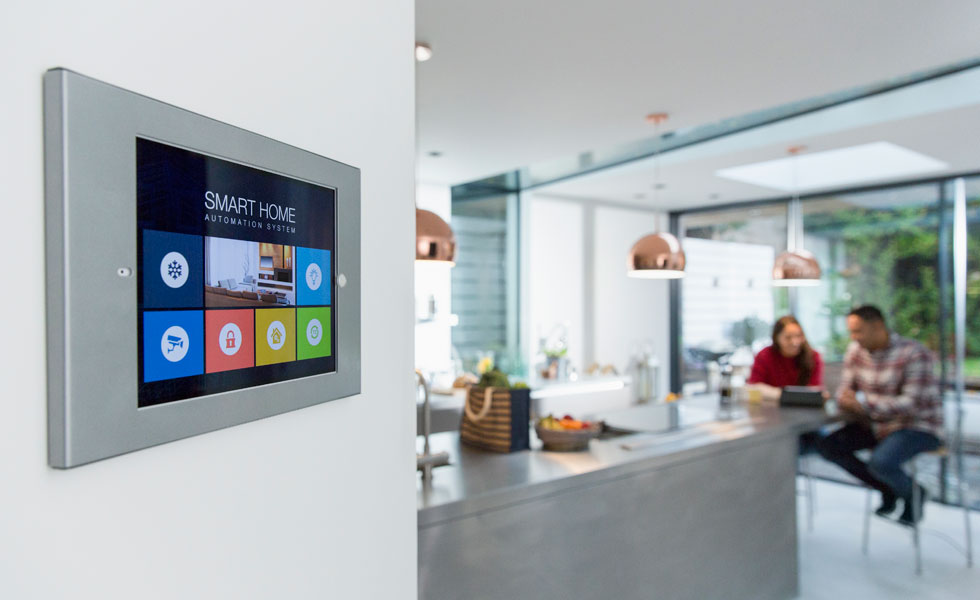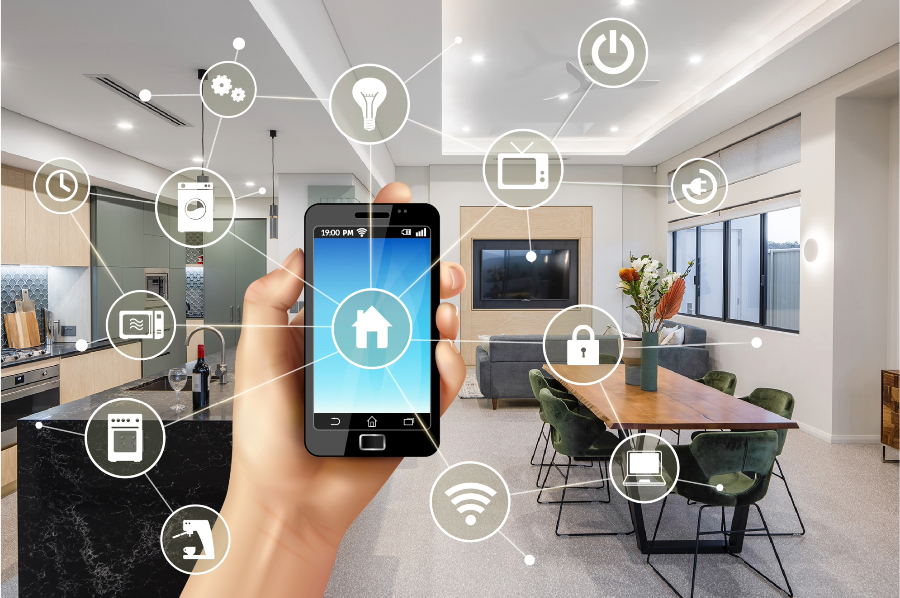In today's fast-paced world, where technology is integrated into almost every aspect of our lives, the debate of smart sprinklers vs manual watering is more relevant than ever. As homeowners and businesses strive to maintain lush landscapes while conserving water, understanding the differences between these two methods can help make an informed decision that suits your unique needs.
Whether you are a homeowner looking to enhance your garden or a business aiming to maintain an expansive landscape, choosing between smart sprinklers and manual watering involves weighing various factors, including cost, efficiency, and environmental impact. Let's dive deep into each option to see what might work best for you.

The Basics of Manual Watering
Manual watering, as the name implies, involves manually watering plants using hoses, watering cans, or traditional sprinkler systems. It's a method that has been around for centuries, allowing gardeners to have complete control over where, when, and how much water is used. This hands-on approach is favored by those who prefer a more personal touch in their gardening routine.
Advantages of Manual Watering
One of the main benefits of manual watering is the control it offers. Gardeners can target specific areas that need more attention and avoid overwatering. Manual watering also allows for flexibility, as you can water plants according to their individual needs and environmental conditions. Additionally, the initial cost of setting up a manual watering system is relatively low compared to automated systems.
For some, manual watering is a therapeutic activity. It provides an opportunity to connect with nature, observe plant growth, and identify any potential issues early on. However, this method can be time-consuming and labor-intensive, especially for larger gardens or landscapes.
Introducing Smart Sprinklers
Smart sprinklers, on the other hand, offer a modern solution to watering needs, utilizing advanced technology to automate and optimize the irrigation process. These systems are designed to save time, conserve water, and ensure your garden receives the precise amount of water it needs.
Benefits of Smart Sprinklers
One of the significant advantages of smart sprinklers is their efficiency. These systems can be programmed to water at specific times, ensuring that your garden is irrigated during optimal periods, such as early morning or late evening, to reduce evaporation. Many smart sprinklers also integrate with weather forecasts, adjusting watering schedules based on rainfall predictions to avoid overwatering.
Moreover, smart sprinklers can help conserve water by adjusting the amount of water used based on soil moisture levels, reducing waste, and promoting sustainable gardening practices. This can lead to significant savings on water bills, making the initial investment in smart sprinklers more cost-effective over time.
Considerations for Smart Sprinklers
While smart sprinklers offer numerous benefits, they come with a higher upfront cost due to the technology involved. Installation can also be complex, potentially requiring professional assistance. However, for those looking to create a seamless smart home environment, the integration of smart sprinklers with other devices can enhance overall home automation.
For more insights on integrating smart systems into your gardening routine, check out this guide on connected gardening devices.
Cost Comparison: Smart vs Manual
When considering smart sprinklers vs manual watering, cost is a crucial factor. Manual watering systems are generally less expensive to purchase and set up, making them an attractive option for budget-conscious individuals. However, they require ongoing labor and time investment.
Smart sprinklers, while more expensive initially, can offer long-term savings through efficient water usage and lower water bills. Over time, the convenience and environmental benefits of a smart system may outweigh the initial cost, especially for larger properties.
Environmental Impact
In today's environmentally conscious world, the impact of your watering system on the planet is an important consideration. Manual watering can lead to water waste if not carefully managed, whereas smart sprinklers are designed to optimize water use, reducing unnecessary wastage.
For additional tips on saving water with smart irrigation, explore this insightful resource.
Conclusion: Making Your Choice
Deciding between smart sprinklers and manual watering ultimately depends on your specific needs, budget, and environmental values. For those who prioritize control and enjoy the process of gardening, manual watering may be the way to go. However, if convenience, efficiency, and sustainability are your goals, investing in a smart sprinkler system could be the ideal solution.
For a deeper understanding of how technology can enhance your home and garden, consider exploring this comprehensive smart home installation guide.

FAQ
1. Are smart sprinklers difficult to install?
While some smart sprinkler systems can be installed by homeowners, others may require professional installation, especially if integrated with a larger smart home system.
2. Do smart sprinklers save money on water bills?
Yes, smart sprinklers can save money in the long run by optimizing water use, reducing waste, and adjusting to weather conditions.
3. Can I use smart sprinklers in any garden?
Smart sprinklers are versatile and can be used in various garden setups, but it's essential to choose a system that fits your specific landscape needs.

